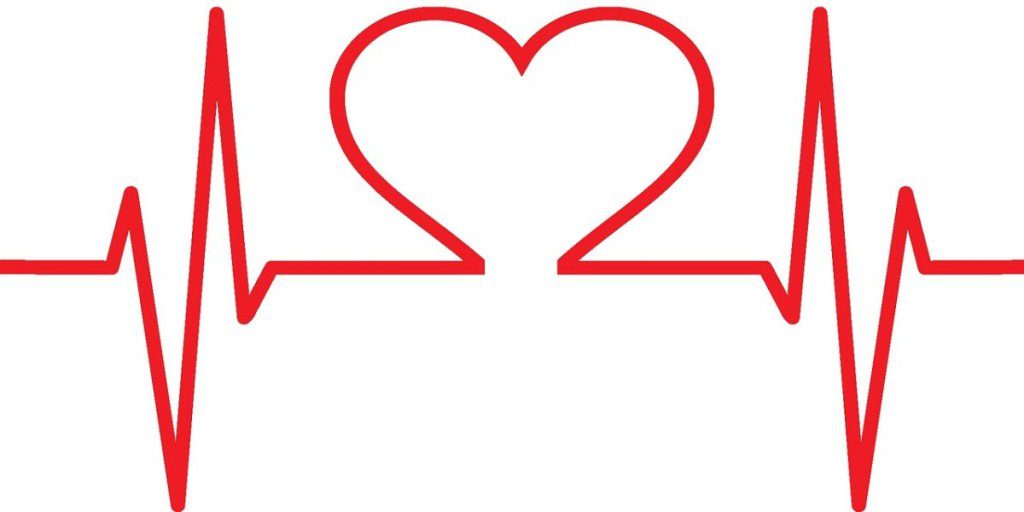Caring for your heart is important for maintaining overall health and well-being. Your heart is the engine of your body and keeping it healthy requires a combination of lifestyle changes, diet, exercise, and medical care. In this blog post, we will discuss some tips on how to keep your heart in tip-top shape. We will also discuss the risks associated with heart disease and what steps you can take to reduce them. So whether you’re looking to stay healthy or improve your heart health, read on for our guide.
1) Listen To Your Cardiologist
It’s important to listen to your doctor’s recommendations and follow their advice. Your cardiologist can help you identify which lifestyle changes will benefit you the most and give you specific guidelines on how to maintain a healthy heart. They may recommend lifestyle changes such as reducing stress, managing cholesterol levels, quitting smoking, or increasing physical activity. According to this cardiologist in Canberra to make sure everything is fine with your heart, you should have an ECG and Exercise Stress Test done. These tests can help detect heart problems early and make sure your heart is healthy. Additionally, your cardiologist may choose to prescribe medication if necessary.
2) Exercise Regularly
Regular physical activity is essential for maintaining a healthy heart. Exercise can help to lower blood pressure, reduce stress levels and improve cholesterol levels. Aim for at least 30 minutes of exercise every day, such as walking, jogging, or cycling. It’s also important to make sure you’re engaging in activities that are within your physical capabilities. If you have any existing medical conditions, talk to your doctor before beginning a new exercise routine.
3) Eat A Healthy Diet
Eating a balanced diet is essential for maintaining heart health. Eating plenty of fruits and vegetables can help reduce the risk of high cholesterol, heart disease, and stroke. Additionally, limiting processed foods and eating lean protein sources like fish and poultry can help reduce saturated fat intake which can increase the risk of heart disease. You might also want to consider taking supplements like probiotics for women that can help keep your digestive tract healthy. Finally, limit your intake of added sugars, salt, and saturated fats as these can all negatively impact heart health.
4) Quit Smoking
Smoking is a major risk factor for developing coronary heart disease. If you currently smoke, quitting is the best way to reduce your risk. Talk to your doctor about available aid such as nicotine replacement therapy, counseling, or medications that can help with quitting smoking. For example, if you are having difficulty quitting, your doctor may recommend using nicotine replacement therapy such as a patch or gum to help with the cravings. Additionally, joining a support group or enrolling in a smoking cessation program can help make the process easier.
5) Reduce Stress
Stress can have a major impact on heart health. Stress can lead to unhealthy lifestyle choices, like smoking or overeating, or cause changes in your blood pressure and heart rate. To reduce stress levels, it’s important to have healthy coping mechanisms such as exercise, yoga, deep breathing, and relaxation techniques.
Following these tips can help you maintain a healthy lifestyle and reduce the risks associated with heart disease. Remember, it’s important to listen to your doctor and follow their advice if you want to keep your heart in tip-top shape!






